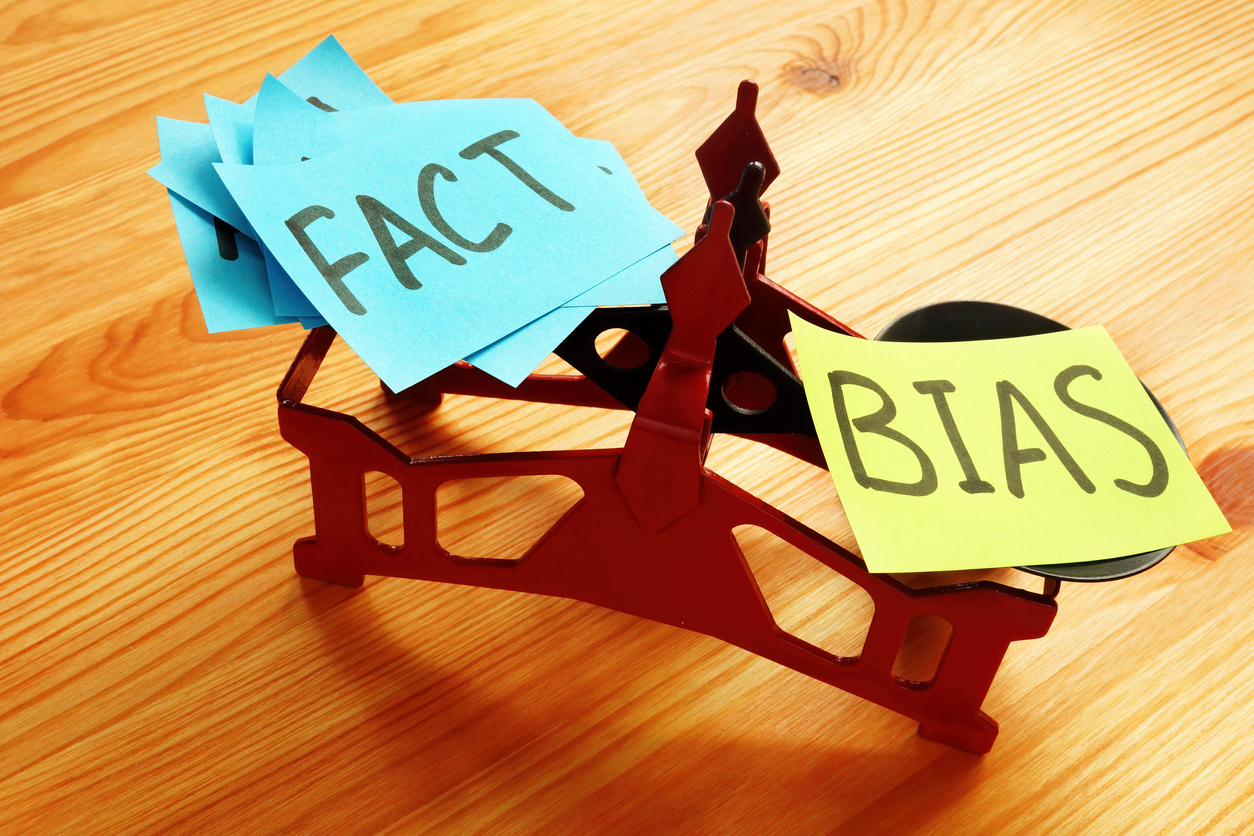Knowing which actions to take now, to avoid negative outcomes in the future, is a decision-making skill that is crucial to business, as well as personal success. But how often do we use logical cause-and-effect thinking to determine the probability of an event happening vs relying on our gut feeling?
In New Zealand we have a saying; “she’ll be right, mate”, meaning it will all come good in the end. This generally accepted, apathetic attitude to problem-solving is rooted in a harmless-sounding-but-quietly-dangerous Optimism Bias.
What is Optimism Bias?
Optimism Bias is not simply being optimistic about the future. It is a much more harmful tendency to be unrealistically optimistic about a likelihood of a negative outcome. As a result of having unrealistic expectations, we are more likely to take risks with our behaviours, preventing us from acting effectively, acting on time, or acting at all.
In essence, with Optimism Bias, we tend to overestimate the probability of positive events happening to us and underestimate the likelihood of adverse events happening to us – compared to other people.
I remember I once shipped a parcel to Europe on a pretty tight deadline and I opted for the “she’ll be right” approach.
Needless to say, she wasn’t right!
What causes Optimism Bias?
There is a biological reason for the bias that is actually quite useful; it removes fear. It gives us hope that our future will be brighter than today. Optimism Bias is credited with keeping depressive tendencies at bay and having a positive effect on our mental health in general.
There are various other factors that can inflame Optimism Bias, such as:
– Other cognitive heuristics. For example, the Superiority Illusion; where our brains overestimate our own abilities compared to others. Or Representativeness Heuristic; where we recall stereotypically negative samples to compare ourselves against, rather than a more realistic, average sample. For example, if asked whether you are more likely to have a car accident than one of your friends, the friend that would come to mind is probably one that is a bad driver, or that drives under the influence of alcohol often, which would make you (wrongly) conclude that you are a lot less likely to have an accident than your friends.
– Our current mood. More specifically; a good mood that results from a string of events causes us to feel “lucky” on a particular day, thereby biasing our view of the probability of being “lucky” in unrelated, future situations. Try asking newlyweds on their wedding day what their chances of divorce are and you’re likely to get a resounding 0%, even when they know divorce rates in Western countries hover around the 50% mark.
Example
My dad was a smoker. For over 30 years.
He used to smoke a packet a day, despite the explicit, graphic warnings displayed so prominently on the packets.
– Smoking damages the heart and blood vessels
– Smoking causes lung disease
– Smoking causes bladder cancer
It is not that he did not believe the warnings about the different health issues, it is that he didn’t believe they would happen to him. It was just something that happened to other people. Until it happened to my mum. A woman of similar age and ethnicity. Someone too close to home.
My dad quit smoking the day after my mum’s heart surgery and never looked back.
Once you have an experience of the actual event, the Optimism Bias is diminished, but you don’t want to manage Optimism Bias by experiencing all the possible negative outcomes! So how can we manage the effects this bias has on our lives?
Overcoming Optimism Bias
When making predictions about the future the trick is to stay grounded in reality and form your prediction using logic rather than wishful thinking. But, this is easier said than done when one is not aware they are wearing rose-coloured glasses.
A practical tip is to use “if-then” or “in order to-I must” logical structures to audit your predictions in order to increase the chances of a positive outcome and decrease the chances of a negative one.
For example, instead of predicting “I am way less likely (than an average Joe) to have my parcel delivered late” do this instead:
In order to have my parcel delivered on time I must:
– Track the parcel’s location daily
– Follow up with the service provider holding onto my parcel for longer than X days
– Find out any obstacles to handovers between the service providers and get them cleared
etc… You get the drift; think, don’t assume or hope!
Mirta is a Director of ViAGO Limited, a behavioral science enthusiast, and a mum to three boisterous boys.
